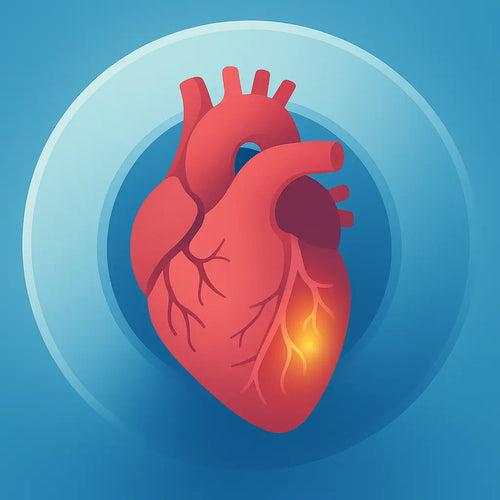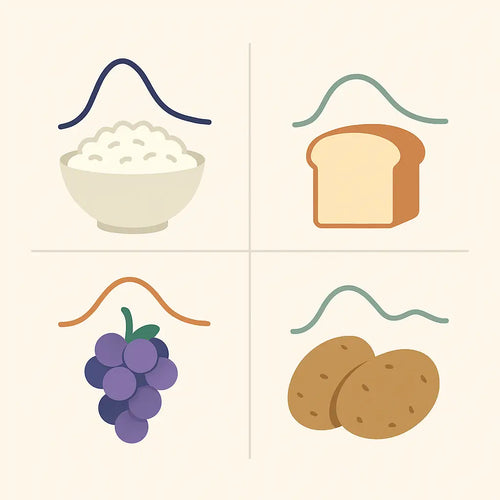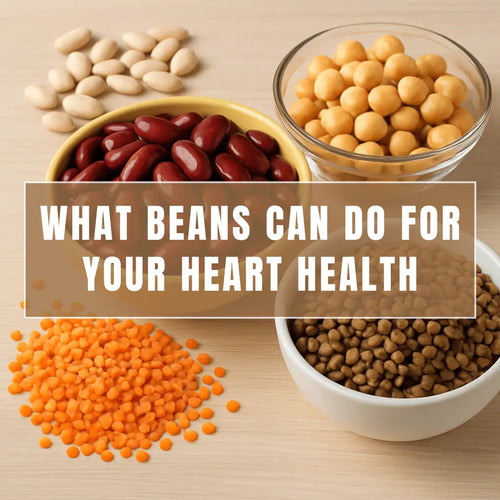The body is constantly exposed to free radicals from exposure to the environment, and free radicals created by normal metabolism.
For that reason, the body makes it’s own antioxidants to defend itself. One of the most powerful defenses it has is glutathione .
Glutathione is made in the liver. It helps detoxification and protects the tissue from free radical damage.
It also helps regulate the immune system and may help prevent viral infections., but what can it do for the cardiovascular system?
When researchers measured carotid intima-media thickness, common cardiovascular risk factors, glutathione levels and other oxidative stress markers in healthy non-smokers, they found that the glutathione redox state (a measure of intracellular oxidative stress) was an independent predictor for the presence of early atherosclerosis in an otherwise healthy population(Ashfaq S, et al. 2006).
Glutathione levels vary from person to person. As we get older we produce less glutathione, and the more toxins and pathogens we are exposed to the more glutathione we use.
It has for that reason been proposed that glutathione status could be an indicator of health and functional age.
Research documents that patients with chronic illness (some of these being ischemic heart disease, diabetes, cataract and leukemia) had lower glutathione levels compared to the control group(Kharb S, et al. 2000).
I have mentioned earlier that especially the oxidized LDL particles are dangerous.
As oxidized LDL cholesterol levels increase, so does the severity of acute coronary syndromes(Ehara S, et al. 2001). This suggest that elevated oxidized LDL levels relates to plaque instability.
Another study shows that people with both low HDL cholesterol levels and glutathione peroxidase are at markedly increased risk of dying from cardiovascular disease(Buijsse B, et al. 2012).
According to this research you would probably agree that it would make sense to take glutathione when we reach a certain age, but is that really going to help us?
Let’s take a look at some other research. Several tests were carried out to determine glutathione status in 39 participants at the start of the study and after taking 500 mg of glutathione orally twice daily for 4 weeks(Allen J, Bradley RD, 2011).
This was the results. No significant changes in bio-markers of oxidative stress, including glutathione status were found. The reason may be because reduced glutathione which is the common source of glutathione is oxidized in the gastrointestinal tract and very little is absorbed.
There is, however, now some few ways to make glutathione absorbable. I prefer to use S-Acetyl Glutathione which is stable and easy to take and has been documented to produce results.
S-Acetyl Glutathione has been documented to activate programmed cell death in lymphoma cancer cells(Locigno R, et al. 2002).
Effective S-Acetyl Glutathione

Glutathione is your primary defense against aging.
It’s a very effective antioxidant that the body makes to protect itself from free radical damage (oxidative stress). It can help repair cells that are damaged by stress, radiation, pollution, infection, and other illnesses.









